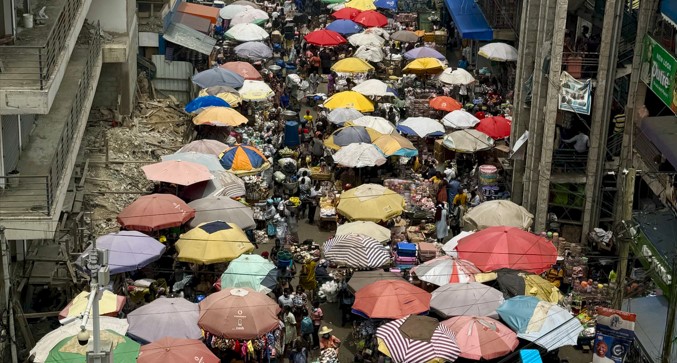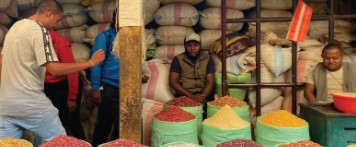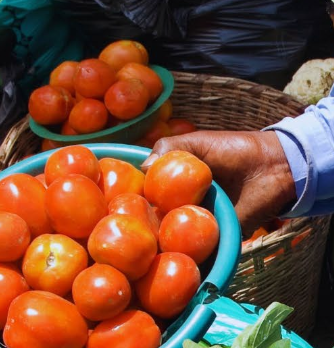


About
Resource summary
Advancing coordinated action between national, subnational and international actors
Urban areas are also among the most vulnerable hotspots for climate change impacts. This reality means that urban communities are at the centre of the challenge to achieve global climate targets. Cities have been in the spotlight for their ambitious commitments to tackle climate change and have inspired a ground-up movement of action on climate around the world. As the trailblazers of climate action, subnational governments are key drivers for the implementation of more ambitious Nationally Determined Contributions (NDCs). National governments have a critical role to play in igniting the collective torches of subnational governments, together with civil society, the private sector and other non-state actors. Research by UN-Habitat found that two-thirds of all NDCs mention the urban dimension in the context of national priorities and ambitions for reducing emissions. Given the scale of the challenge facing African nations in particular, national governments need to draw on the available knowledge and capabilities of all levels of government and beyond. The Cities and Regions Talanoa Dialogues, a series of in-country climate consultations starting in 2018, is an innovative approach to facilitating critical multi-level, multi-sectoral conversations and knowledge sharing.
The concept of the Talanoa Dialogue was introduced into international negotiations during the 23rd United Nations Climate Change Conference or COP 23, held in 2017, and represented the first time in the United Nations Framework Convention on Climate Change (UNFCCC) process that national governments met with non-Party stakeholders in an official setting. The Cities and Regions Talanoa Dialogues were launched by ICLEI at the ninth World Urban Forum, with the Global Covenant of Mayors for Climate & Energy (GCoM) and UN-Habitat as special partners. Since then, Talanoa Dialogues have been held around the world as a way to take stock of current action towards the implementation of NDCs. The informal and inclusive dialogues use story-telling as an accessible way to enable stakeholders to openly report on progress. The dialogues are designed to support actors to raise ambition and to meet the goals of the Paris Agreement on climate change. The word Talanoa itself refers to a style of dialogue practiced in Pacific Island countries, which fosters openness and inclusiveness. The ethos of the dialogue is to bring together stakeholders to discuss cross-cutting challenges in a space conducive to participatory and transparent communication.
Related resources

Resilient Municipal Market Fund (ReMark) Instrument Analysis

Resilient Municipal Market Fund (ReMark) Overview




